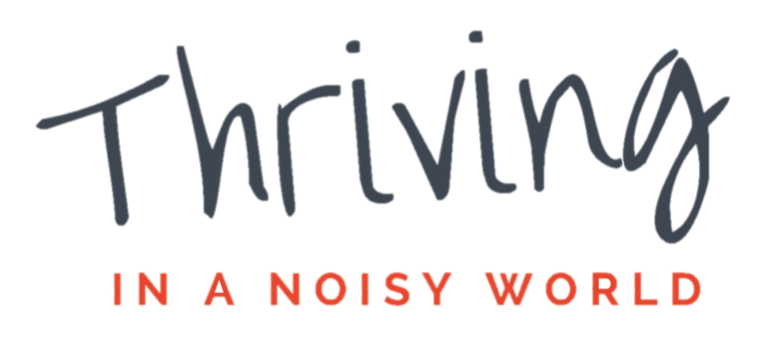“I live my life in widening circles
that reach out across the world.
I may not complete this last one
but I will give myself to it.” - Rainer Maria Rilke
“We have to consciously study how to be tender with each other until it becomes a habit.” - Audre Lorde
In these deeply divided and polarized times, it’s easy to make others bad. There’s a saying: The world is divided into people who think they’re right (and that’s the whole saying). It’s easy to get into “us versus them” dynamics. It’s easy to become defensive when we feel threatened by people with different views.
Forgetting our shared humanity, we dehumanize others. We exclude rather than widen the circles to include others. We become more reactive in our relationships.
I’ve seen this play out in my own life. Since I was a child, I remember wanting to be “good.” It felt like a prerequisite for love, acceptance, and belonging. In my pursuit of perfection, I became quite rigid about what’s right and wrong along the way. I was quick to judge myself and others for falling short of my impossibly high standards. I got caught in anger when I saw injustice and unethical behavior. I was afraid to show vulnerability and truly let others see the real and messy me. I often felt disconnected from others.
What’s helped me counter our “us versus them” programming is practicing lovingkindness. It involves actively cultivating an attitude of kindness, friendliness, and openness toward others and ourselves.
How do we make being tender with each other a habit?
In lovingkindness practice, we try to look for the good in ourselves and others, beyond our negative qualities and conditioning, and acknowledge the complexity of being human. We start by sending friendly wishes for health, fulfillment, safety, and peace to ourselves. We then gradually widen the circles, sending kind wishes to a loved one, more difficult people (gradually working up to more difficult people), our communities, and all beings. When I have difficulty seeing the good in someone, I often envision them as a little child to better get in touch with kindness and compassion.
As we send friendly wishes, it’s helpful to get in touch with our actual experience of kindness when we feel it. What does kindness feel like in the body? Through the body, we can get in touch with a deeper level of connection beyond emotion. With practice, this can help us connect more easily with kindness as we move through the day.
Lovingkindness practice is proven to decrease stress and anxiety, decrease negative feelings toward yourself and others (i.e. anger, judgment, self-doubt, unworthiness), and enhance social connections with others. An attitude of kindness allows us to respond to people and situations in more intentional and friendly ways rather than being reactive.
And, importantly, cultivating lovingkindness does not mean condoning hurtful behavior and injustice. Without closing off our hearts, we can better discern the appropriate response which might mean creating clear boundaries to protect our safety and wellbeing, holding others accountable, and taking action to address injustice.
What if we led with an attitude of kindness? What’s the kind thing to do?
With lovingkindness,
Sarah-Marie



